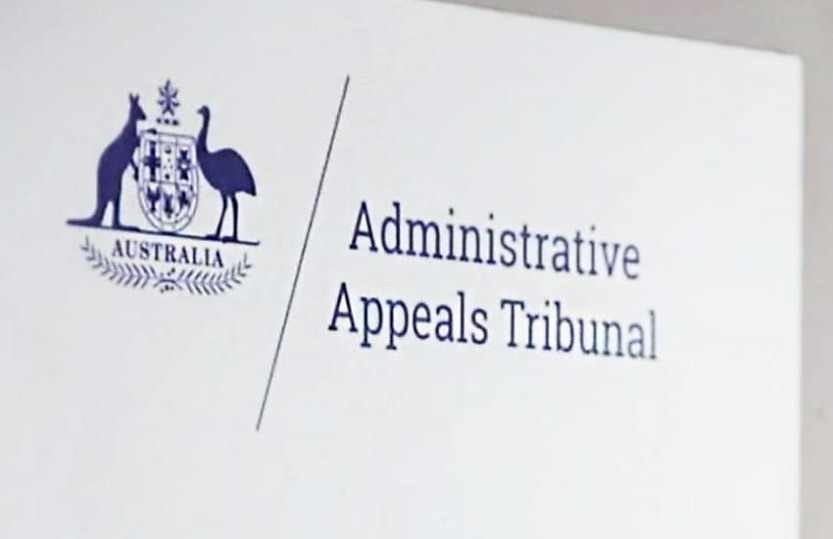Tribunal confirms ATO’s power to make RDTI ruling

Following a “significant” tribunal decision, the ATO has committed to business as usual despite its confirmed RDTI powers.
The Tax Commissioner has the power to decide whether an activity is eligible for a research and development tax offset, absent a finding from Innovation and Science Australia (ISA), a tribunal has found.
GQHC and Commissioner of Taxation was the first case of its kind, in the sense that the Tax Commissioner was the respondent in a decision regarding the eligibility of R&D activities for expense deductions.
Minter Ellison partner Stephen Chen and senior associate Patrick Long said the Tribunal’s finding for the Commissioner was “significant.”
The applicant, GQHC, was part of a poultry group in Queensland which, it claimed, had carried out eligible research and development activities since 2006.
Under the Research and Development Tax Incentives (RDTI) scheme, entities are entitled to offset their tax bills for eligible R&D activities.
GQHC applied for review of the ATO’s objection decision for the income year ended 30 June 2013. The Commissioner rejected certain deduction claims on the basis they did not satisfy the scientific requirements of an eligible R&D activity.
According to Chen and Long, the applicant would have been entitled to an offset equal to 40 per cent of total eligible R&D expenditure during the income year since it had an aggregated turnover of more than $20 million.
Decisions relating to the eligibility of R&D activities are “typically” made by the ISA, Chen told Accounting Times.
“My experience is that the Commissioner’s purview is typically not in respect of testing eligibility but more broadly in relation to the other aspects of the R&D provisions,” he explained.
AAT senior member, Dominique K Grigg, said: “This is an unusual matter in that it is not an appeal from a decision of [Innovation and Science Australia.”
Asked what difference this might make in practice, Chen said it remained to be seen.
“Effectively the Commissioner is not going to be hamstrung in those instances where [ISA] has not formally reviewed or denied eligibility,” he said.
“Whether or not [the decision] will result in more reviews being undertaken by the ATO in respect of R&D activities, that’s potentially an outcome.”
In a decision impact statement, the ATO welcomed the view of the tribunal, adding that, despite its power to make eligibility decisions, it has been and will continue to be the Commissioner’s practice to refer to the Innovation and Science Australia.
In the 2021–22 income year, 14,740 entities spent over $15 billion on relevant R&D activities. This year, the government is expected to increase its RDTI funding by $3.4 billion given the role it plays in incentivising private research.
In announcing the boost, Minister for Industry and Science, Ed Husic, said: “After a decade of going backwards, today’s data shows green shoots are finally emerging in terms of investment into R&D.”
The scheme is jointly administered by the ATO and AusIndustry. Attendant to the funding boosts, the Tax Office is expected to increase its scrutiny of participants in the scheme.
About the author

